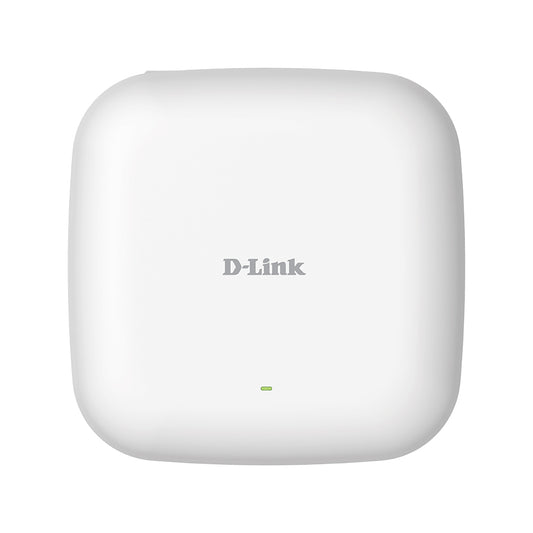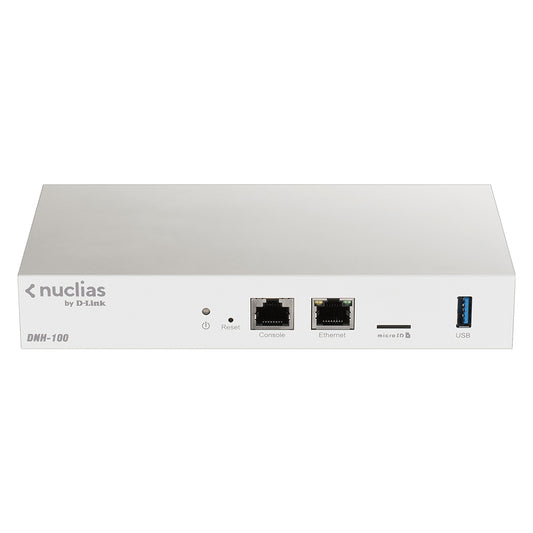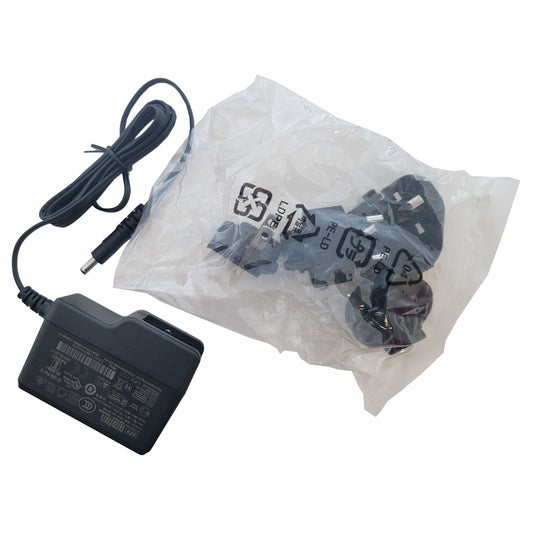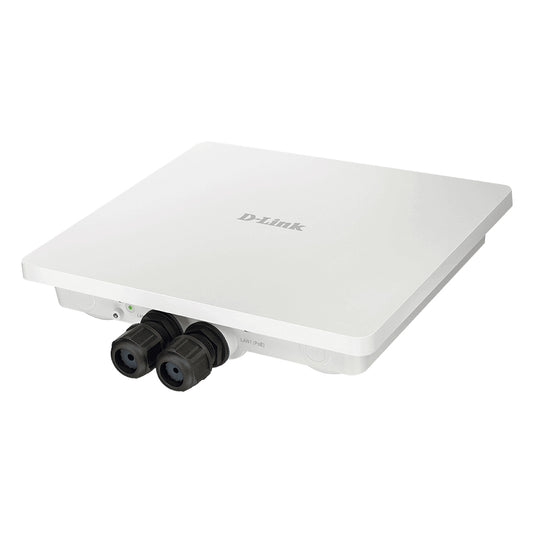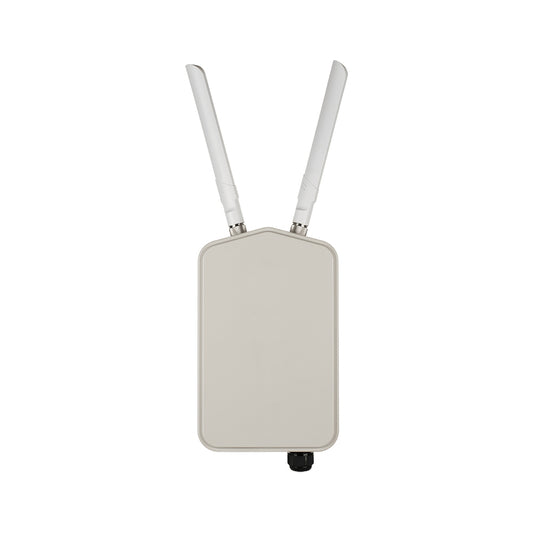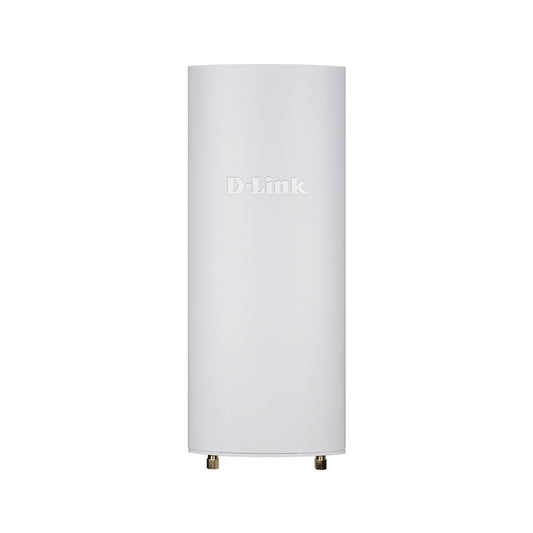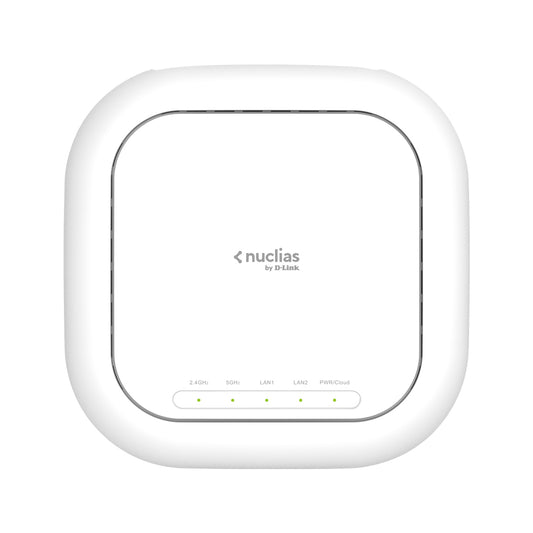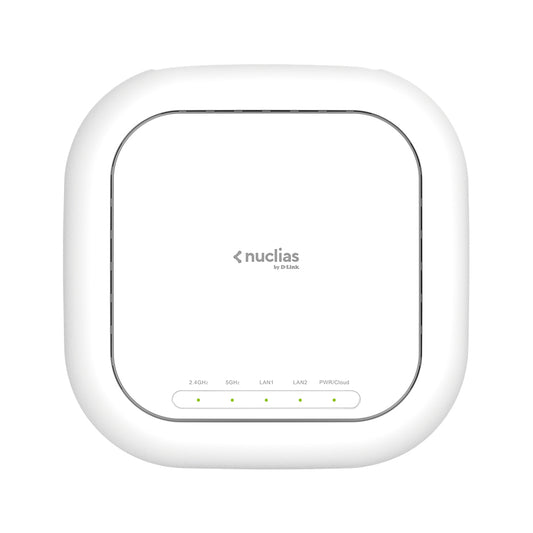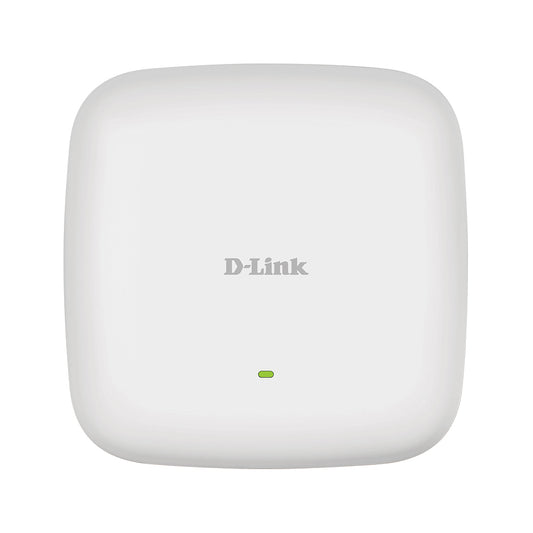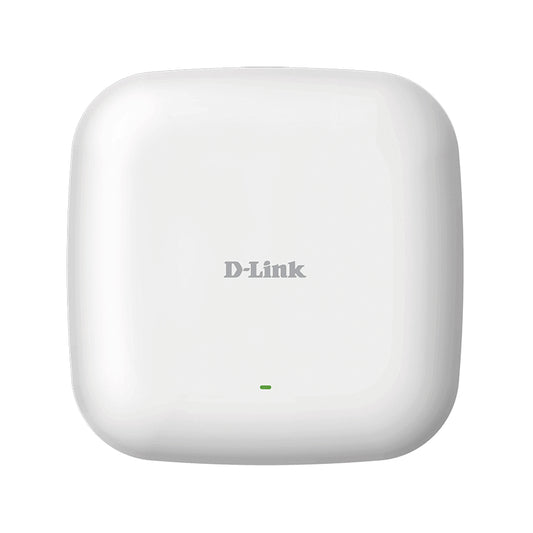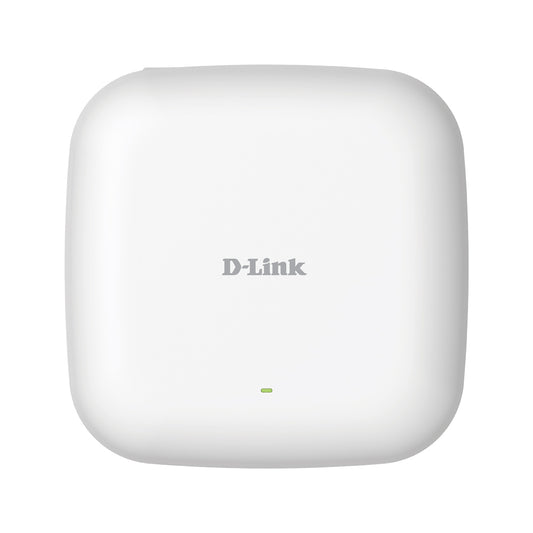Collection: Business WiFi
-
Nuclias Connect AX1800 Wi-Fi 6 PoE Access Point - DAP-X2810
Regular price $179.99 CADRegular priceUnit price / per$199.99 CADSale price $179.99 CADSale -
Nuclias Connect Hub - DNH-100
Regular price $232.99 CADRegular priceUnit price / per$232.99 CADSale price $232.99 CAD -
12v 2.5A AC/DC Power Adaptor for DAP, DBA Series APs - PSE-M12V25A-I
Regular price $24.99 CADRegular priceUnit price / per$24.99 CADSale price $24.99 CADSold out -
Nuclias Connect AC1200 Wave 2 Outdoor Access Point - DAP-3666
Regular price $434.99 CADRegular priceUnit price / per$434.99 CADSale price $434.99 CADSold out -
Nuclias Cloud-Managed AC1300 Wave 2 Outdoor Access Point - DBA-3621P
Regular price $635.99 CADRegular priceUnit price / per$794.99 CADSale price $635.99 CADSale -
Nuclias Cloud-Managed AC1300 Wave 2 Outdoor Access Point - DBA-3620P
Regular price $326.99 CADRegular priceUnit price / per$363.99 CADSale price $326.99 CADSale -
Nuclias Cloud-Managed AX1800 Wi-Fi 6 PoE Access Point - DBA-X1230P
Regular price $314.99 CADRegular priceUnit price / per$349.99 CADSale price $314.99 CADSold out -
Nuclias Cloud-Managed AX3600 Wi-Fi 6 PoE Access Point - DBA-X2830P
Regular price $508.99 CADRegular priceUnit price / per$508.99 CADSale price $508.99 CAD -
Nuclias Cloud-Managed AC2600 Wave-2 PoE Access Point - DBA-2820P
Regular price $378.39 CADRegular priceUnit price / per$472.99 CADSale price $378.39 CADSale -
Nuclias Connect AC2300 Wave 2 Dual-Band PoE Access Point - DAP-2682
Regular price $219.99 CADRegular priceUnit price / per$244.99 CADSale price $219.99 CADSale -
Nuclias Connect AC1300 Wave 2 Dual-Band PoE Access Point DAP-2610
Regular price $154.99 CADRegular priceUnit price / per$154.99 CADSale price $154.99 CAD -
Nuclias Connect AX3600 Wi-Fi 6 PoE Access Point - DAP-X2850
Regular price $456.99 CADRegular priceUnit price / per$506.99 CADSale price $456.99 CADSale

